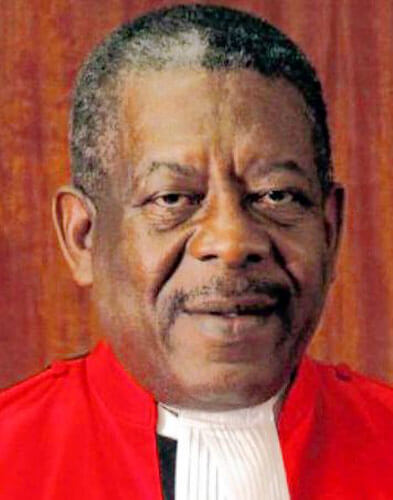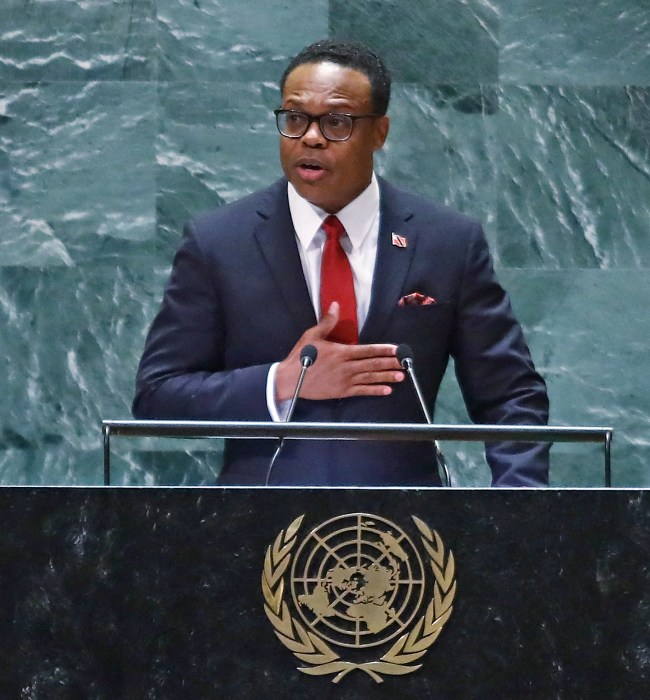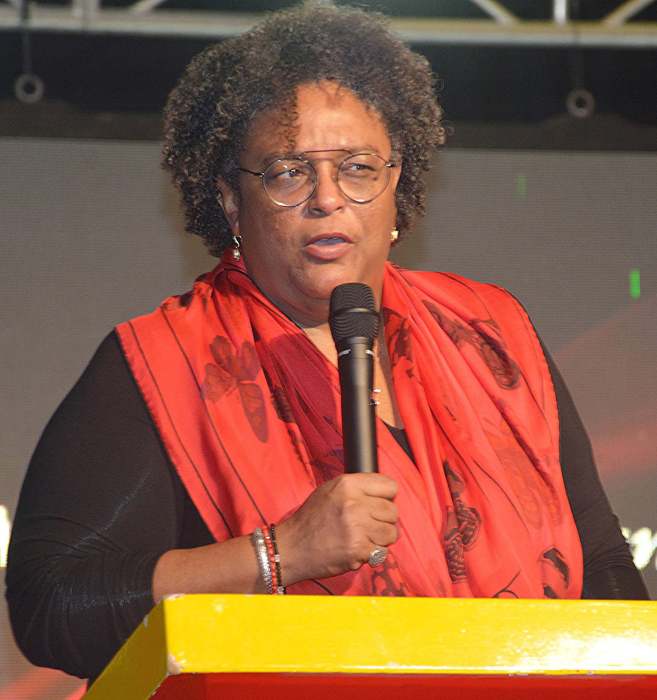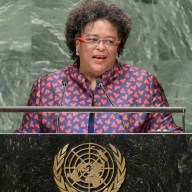Trinidad and Tobago is bound by international law to make the Caribbean Court of Justice (CCJ) its final court of appeal.
This is the view of the President of the CCJ, Sir Dennis Byron, while addressing a media breakfast at the CCJ’s headquarters in Port of Spain recently.
“It would not cost more money to accede to having the CCJ as the final appellate court. Countries who have not acceded as yet are not benefiting as fully as they could,’ he said.
Sir Dennis said regional countries should “complete their independence and sovereignty by claiming the rights to completely manage our judicial affairs.”
He told the forum that he was not supportive of the view that the region is not ready for the CCJ noting that some of the arguments include “excessive delays in the judicial process and that we are yet to meaningfully improve our infrastructure in terms of our administrative services.”
The CCJ president noted, however, that the judges of the CCJ were sure that several other Caricom members would accede in the near future.
He said under international law, treaties between countries are upheld through goodwill between them.
Of the 12 CARICOM countries who initially signed the agreement to establish the CCJ in 2001, only three have acceded to make it their final appellate court. They are Barbados, Guyana and, most recently Belize.
The court was later inaugurated in 2005 with seven presiding judges, with former T&T Chief Justice Michael de la Bastide being appointed the first president.
Sir Dennis also said that Privy Council judges, who at present adjudicate on appeals for the other nine nations, have expressed the view that CARICOM nations should instead use the CCJ.
“The CCJ seeks to improve, build upon and develop Caribbean jurisprudence,” Sir Dennis said.
CCJ Judge Rolston Nelson, a Trinidadian who also spoke at the event suggested that the delay in acceding to the CCJ may be political.
“There is a parliamentary hurdle in many countries,” he noted.
He said in Trinidad and Tobago a three-quarters majority in the House of Representatives and a two-third majority in the Senate are needed to accede to the CCJ.
He said T&T had contributed the most among the 12 member states with an initial contribution to the court’s creation of US$26 million.
Sir Dennis said the court was run by interest earned from a US$100 million trust fund which was established by the member states at the CCJ’s creation.



























